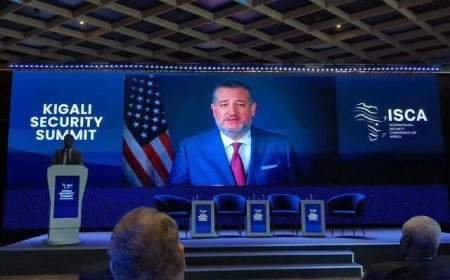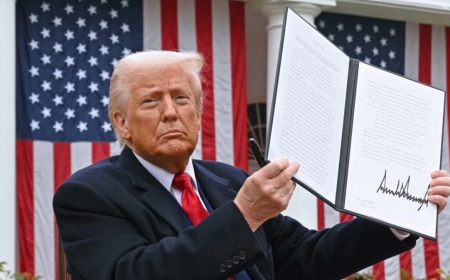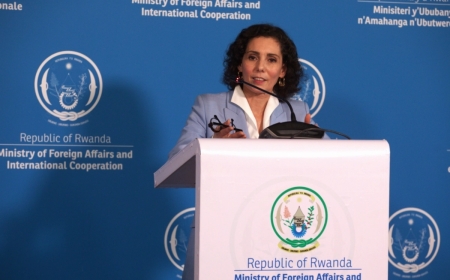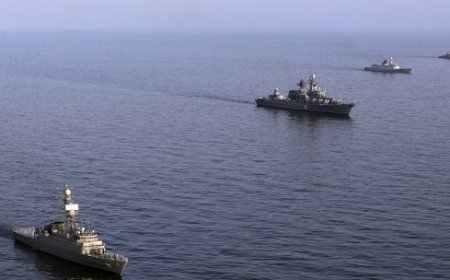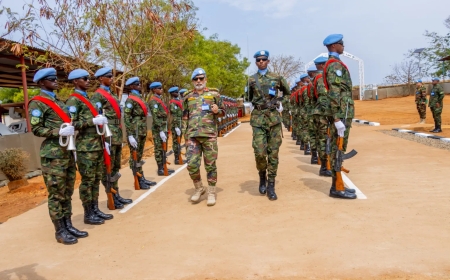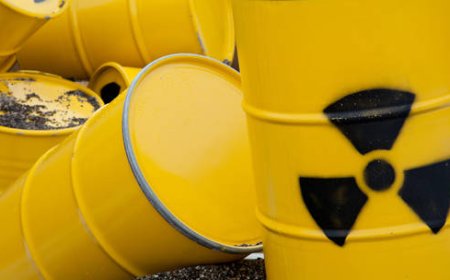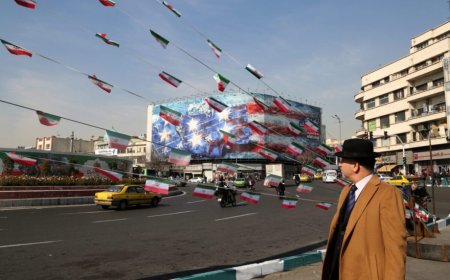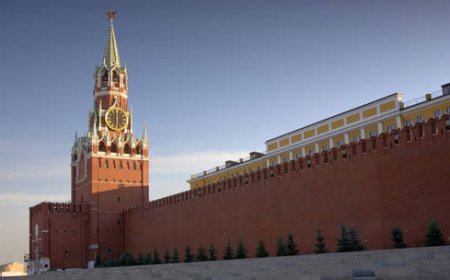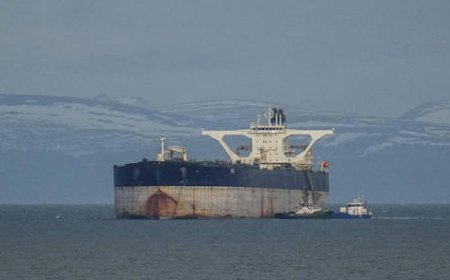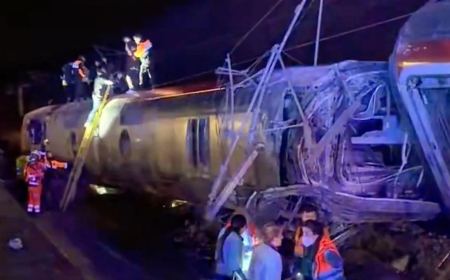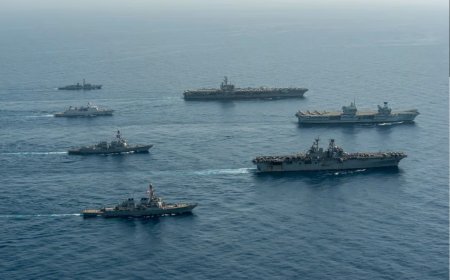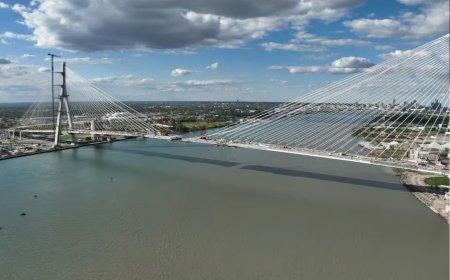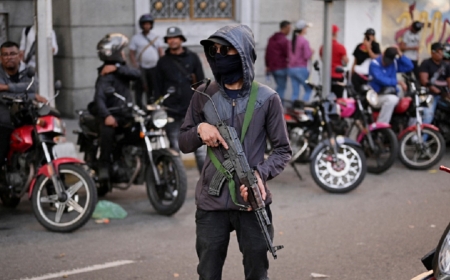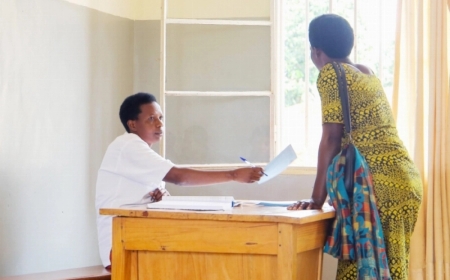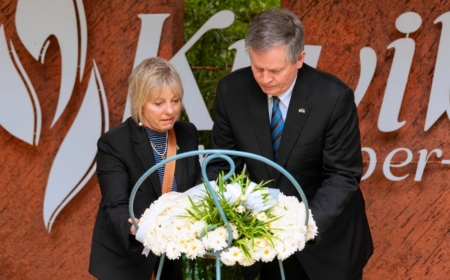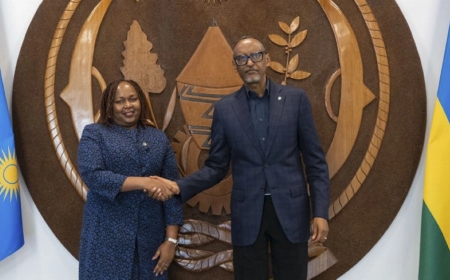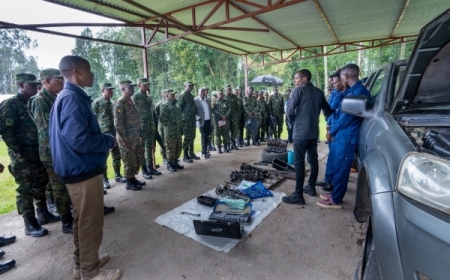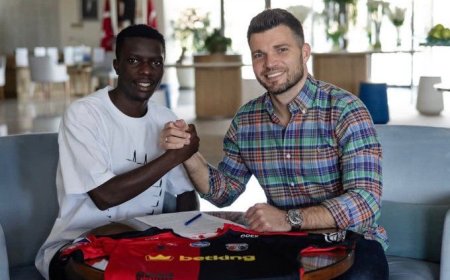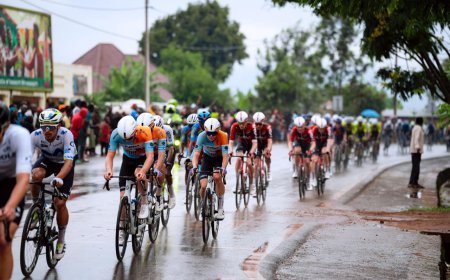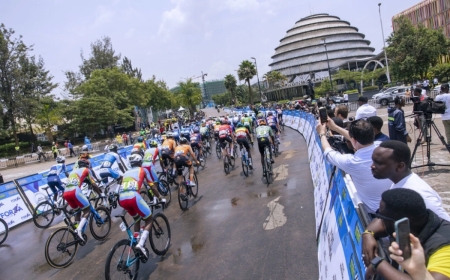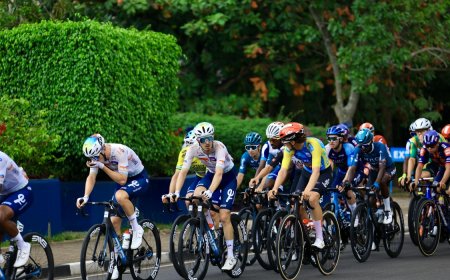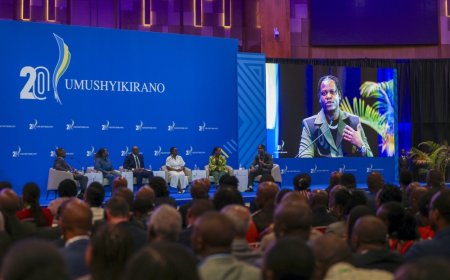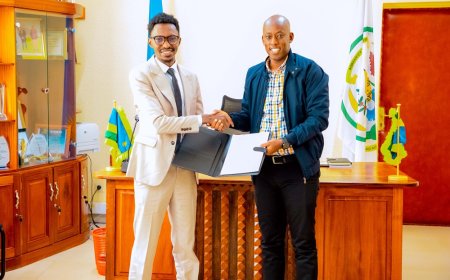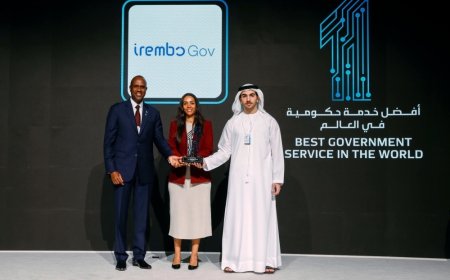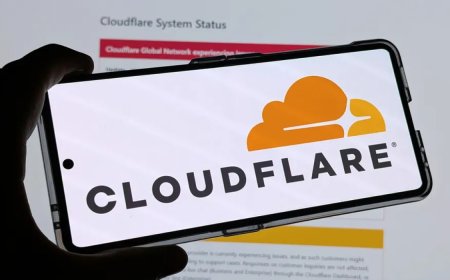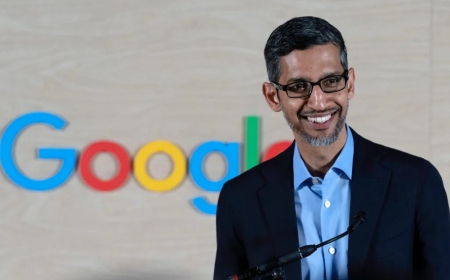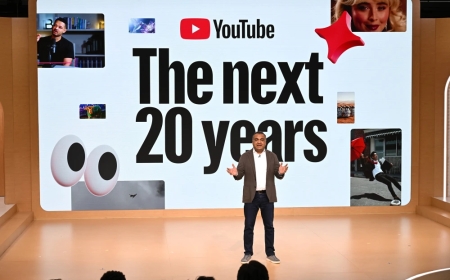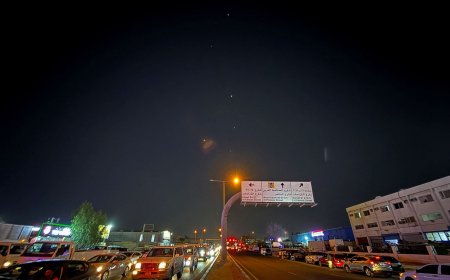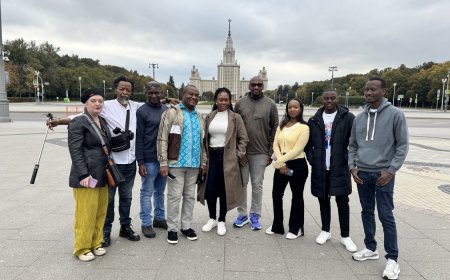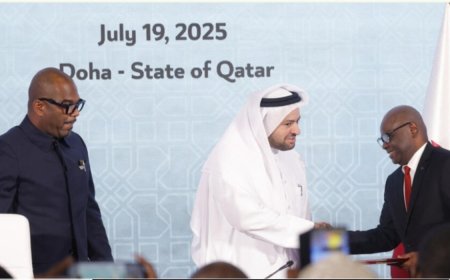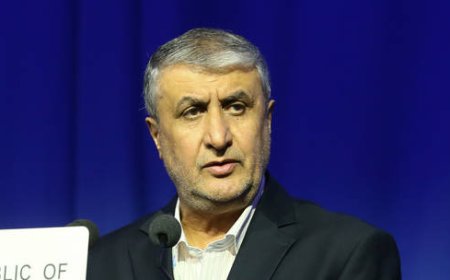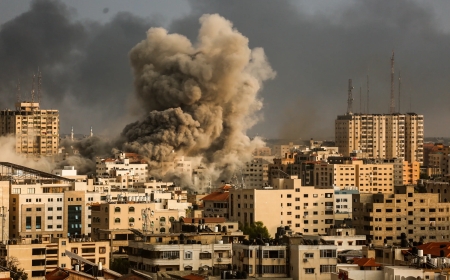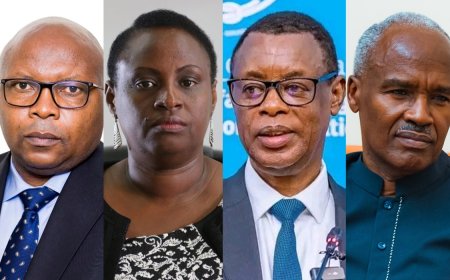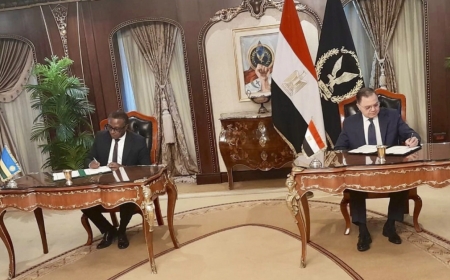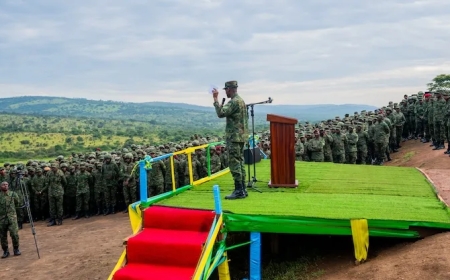Kigali got global award for green affordable housing
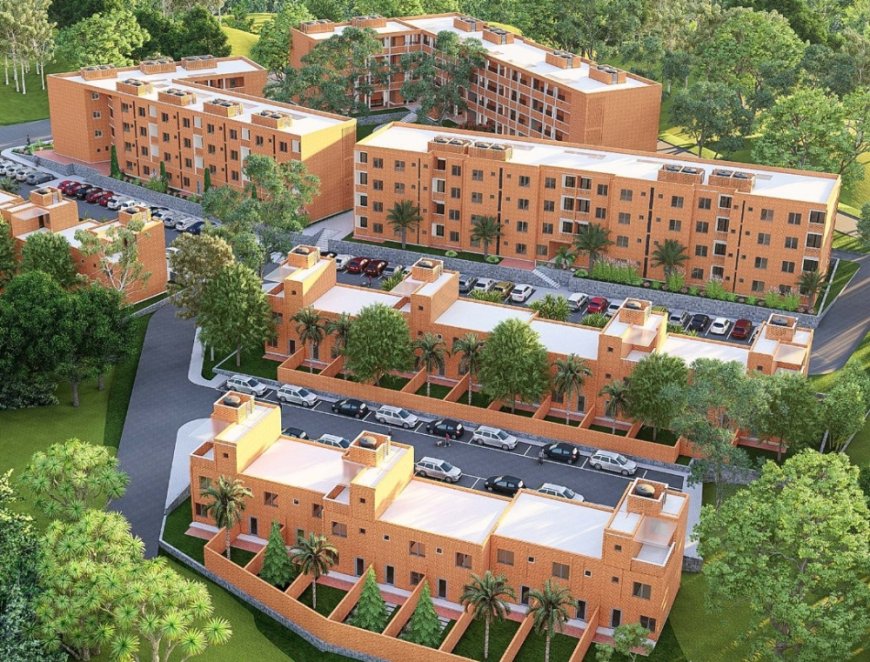
The City of Kigali has been recognised for advancing green affordable housing by the Global Partnership for Local Investment, an initiative of the World Economic Forum in collaboration with UN-Habitat - the United Nations program for human settlements and sustainable urban development.
They cited Bwiza Riverside Homes project – a Kigali-based project developed by housing organisation ADHI Corp.
The announcement of the award took place at the Urban Transformation Summit on October 21, in San Francisco, USA.
To qualify for the award, nominated projects should have demonstrated a robust model of collaboration between public and private entities, with shared risks and benefits, concrete outcomes, and the potential for replication in other urban contexts.
Hassan Adan Hassan, CEO of ADHI Africa Holding Ltd told The New Times that the acknowledgment of Kigali and the Bwiza Riverside Homes project "is a tremendous honour for both Rwanda and ADHI Africa Holding Ltd.”
“It highlights Rwanda’s leadership in delivering inclusive, climate-resilient, and sustainable housing solutions that align with the country’s national development goals and climate commitments,” he said.
What the recognition means
For ADHI, Hassan said, the recognition “reinforces our mission to revolutionise the future of living by building sustainable and inclusive communities powered by innovation and technology.”
“For Rwanda, it validates a successful public-private partnership model that demonstrates how collaboration can deliver affordable, low-carbon housing at scale while advancing the country’s climate agenda.”
The Bwiza Riverside Homes development spans 30 hectares and is being implemented in five phases:
Phase one has already delivered 247 completed homes, of which 62 percent are affordable units. The selling price falls within the threshold set by the government of Rwanda (up to Rwf40 million).
Under Rwanda’s affordable housing policy, a home should cost no more than Rwf40 million to Rwf50 million, with repayment structured over a period of 15 to 20 years.
Phase two, currently under development, will deliver an additional 440 homes, while the overall project aims for approximately 2,270 units upon completion.
“This phased implementation ensures steady progress, efficient cash flow, and continuous feedback integration from residents to enhance design and livability,” Hassan observed.
Each home at Bwiza Riverside is built using light-gauge steel framing technology and energy-efficient materials, certified under the IFC’s EDGE Advanced Green Building Standard.
EDGE (Excellence in Design for Greater Efficiencies) is an innovation of the International Finance Corporation (IFC) – the private sector arm of the World Bank Group – that empowers emerging markets to scale up efficient buildings in a fast, easy and affordable way.
The main objective of EDGE green building certification is to respond to the need for a measurable and credible solution to prove the business case for building green and to unlock financial investment.
Hassan indicated that the certification, awarded by Green Business Certification Inc., confirms that the project achieves: Energy savings of 40 per cent to 70 per cent; water savings of 21 per cent to 35 per cent; and embodied energy in materials savings of 57 per cent to 66 per cent.
Key green features include at the project include sponge-city infrastructure that absorbs rainwater, regulates runoff, and reduces flooding risk; and permeable pavements and wetland restoration that promote ecological balance, biodiversity, and groundwater recharge.
It also features geosynthetic reinforced soil (GRS) retaining walls, which replace traditional concrete or stone walls. Hassan pointed out that these innovative structures use reinforced engineered soil with a vegetated surface, reducing cement use, lowering embodied carbon, improving drainage, and evolving into living green walls that enhance both stability and aesthetics.
